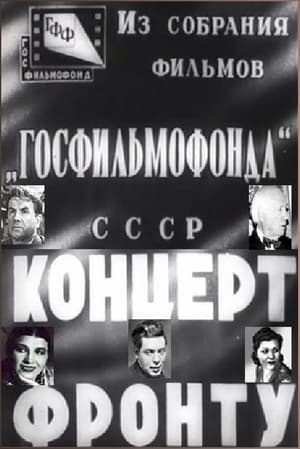
Klavdiya Shulzhenko
Klavdiya Ivanovna Shulzhenko (Russian: Кла́вдия Ива́новна Шульже́нко , Ukrainian: Клавдія Іванівна Шульженко; March 24 [O.S. March 11] 1906, Kharkiv – June 17, 1984, Moscow) was a Soviet popular female singer and actress. Shulzhenko started singing with jazz and pop bands in the late 1920s. She rose to fame in the late 1930s with her version of Sebastian Yradier's La Paloma. In 1939, she was awarded at the first all-Soviet competition of pop singers. During World War II, Shulzhenko performed about a thousand concerts for Soviet soldiers in besieged Leningrad and elsewhere. The lyrics of one of her prewar songs, The Blue Headscarf ("Синий платочек"), were adapted so as to suit wartime realities. Another iconic song of the Eastern Front (World War II), Let's Smoke ("Давай закурим"), was later used by Vladimir Menshov in his Oscar-winning movie Moscow Does Not Believe In Tears. In 1945, Shulzhenko was awarded the Order of the Red Star. She, as traditional pop singer, was named People's Artist of the USSR in 1971. On April 10, 1976, Shulzhenko performed to enraptured audience in the Column Hall of the House of Unions in what would become her most famous concert.
- Known For: Acting
- Birthday: 1911-03-24
- Place of Birth: Kharkov, Russian Empire [now Kharkiv, Ukraine]
- Also Known As: Клавдия Шульженко


